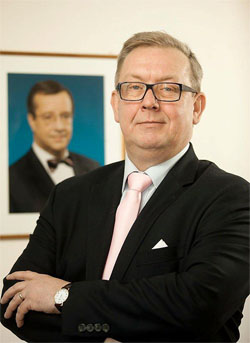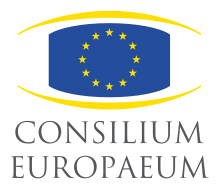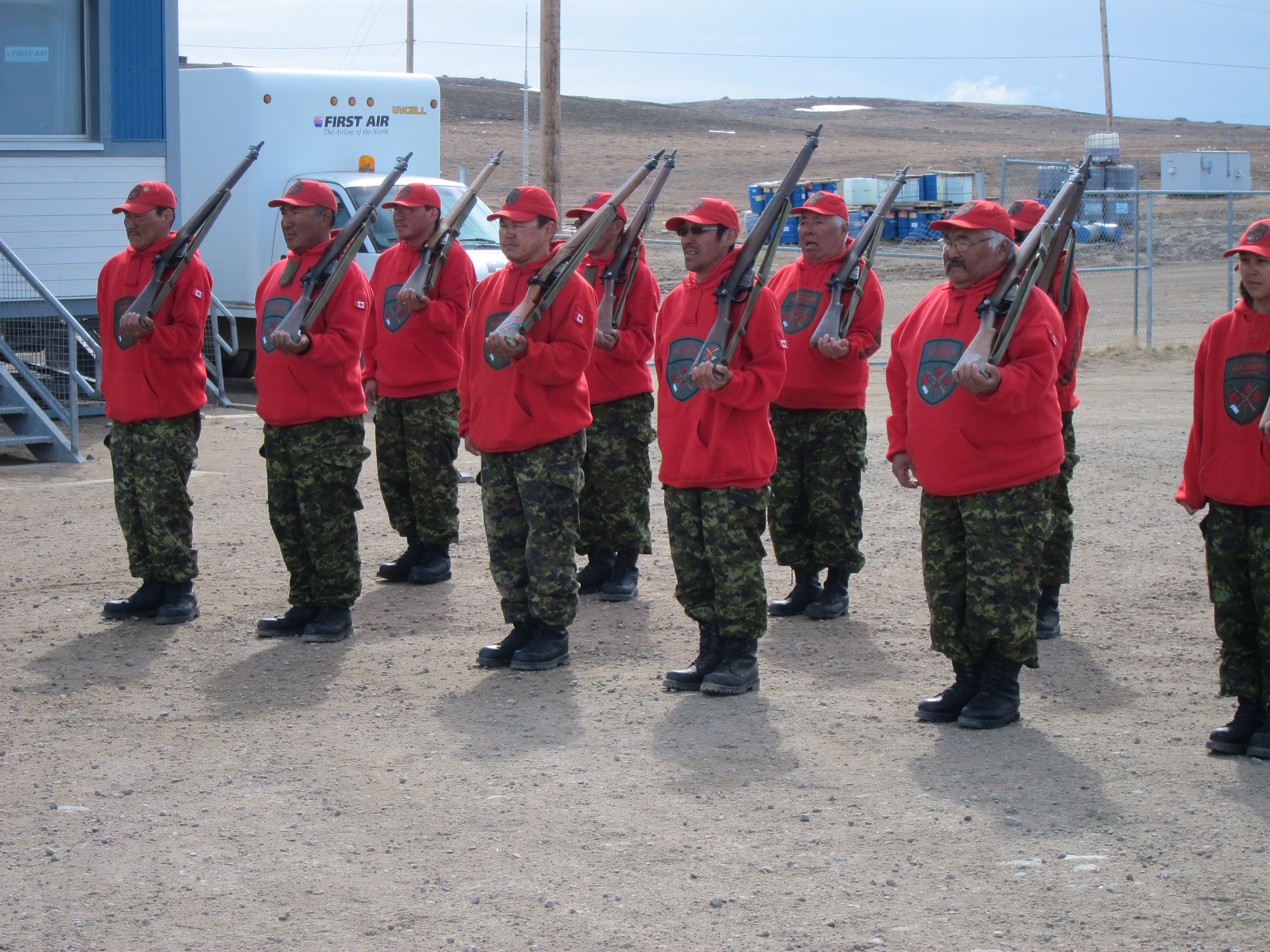The NATO Council of Canada would like to thank Ambassador Lepik, Forum Europe, and NATO’s Public Diplomacy Division for their work in organizing the Conference “NATO: A Credible Security Provider?”, which took place Sept 3rd, in Cardiff Marriott Hotel in Wales. The key themes of the conference included strengthening NATO’s security and defence capabilities, the security situation in Ukraine, and cybersecurity. The Conference programme can be found online here: http://eu-ems.com/agenda.asp?event_id=236&page_id=2041
Ambassador Lepik is currently the Permanent Representative of Estonia to NATO. He graduated from Tallinn Pedagogical University with a degree in librarianship and computer science and the Humboldt University in Germany with a degree in political science. Ambassador Lepik has worked as a diplomat since 1995, when he took the position of adviser at the Ministry of Foreign Affairs. From 1996-1999, Lepik worked as the deputy head and then for a year as a defence adviser at the Estonian Embassy in Washington. From 2004-2005, Lepik worked on the security and defence issues of the European Union at the Ministry of Foreign Affairs and at the Ministry of Defence. He was an adviser until 2008 and until 2011 the deputy head of Estonia’s permanent representation to NATO. Prior to assuming the present office, Lepik was Estonia’s ambassador to Ukraine and Moldova.
Jenny Yang: Could you tell us a little bit more about Estonia’s participation in NATO’s new rapid reaction force?
Ambassador Lepik:The Rapid reaction force is in the making, in a sense that it has to be adopted, but what we are taking part in, together with seven other Allies, is the British-led expeditionary force. What we are speaking about with regards to a NATO context — this has yet to be established and then to pick out modalities.
JY: Estonian President Toomas Ilves, tweeted that NATO’s 1997 Basic Agreement on the non-deployment of permanent new bases in NATO’s ex-Iron-Curtain members stipulated “no permanent bases in new members, in the current and foreseeable security environment” and that the “onus is [on Russia] to prove [the] security environment of 1997 has NOT changed. That after [Russian invasions of] Georgia, Ukraine, Crimea, we’re still in lala-land.”
AL: I wouldn’t disagree with my president’s statement. If I could rephrase it, I think, everybody understands and admits that the security situation has changed, since the Russian annexation of Ukraine and Crimea.
JY: The Estonia county of Ida-Viru has about 70% of its residents as ethnic Russians, they have a really good industrial and energy capacity. Are you concerned about the region in today’s current security environment?
AL:Not at all. I think we cherish the diversity we have in Estonia. We don’t discriminate people on the grounds of their ethnicity.This has long been the policy of my government. Most of the people there are well integrated into the Estonian society, or are in the process. There are always groups that are not well connected, but I don’t think that they provide a meaningful threat.
JY: Can you tell us a little bit more about the cyber-security centre in Estonia and also if something similar in scale to the cyberattack in 2007 happened today, how would Estonia would be in a better place to respond?
AL: The cyber-security centre is excellent! It is NATO’s Centre of Excellence on Cyber Security. That is a multinational military body, which deals with concepts, training, and education NATO wide and also actively engages NATO’s Partners. It also has capacities as a think tank, if you would like. Since 2007 we have on the national level developed relevant concepts and strategies, have determined which parts of national critical infrastructure we are determined to defend and have created adequate structures. We are also active in training and exercising cyber defence both on national and international level. My Government has offered our national Cyber Range (training ground) as a contribution to NATO thus bolstering our common cyber defence even more.
JY: Is there anything that you think has been overlooked that you would like to stress?
AL: Well, I always like to stress that we in Estonia always appreciate Canadian engagement in Europe, and I think that’s not only the words, but I think your government’s decision to augment the Baltic air policing with your aircraft is very significant and important not only to us but to the whole Alliance as well.




